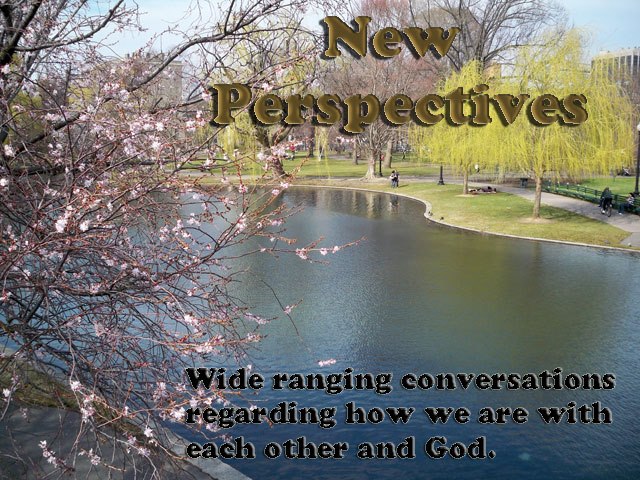
"For the first few centuries after Christ the church tended towards believing everyone would be united with God in the end. Then the doctrine of Hell gained prominence.
So, let's see if I read this correctly - closer to Jesus we were more loving and inclusive, once man had time to make his own influence felt things started going to Hell."
David Mclaughlan
I wonder if this switch David is speaking of, had anything to do with the church becoming a political/cultural institution under Constantinople. Certainly force and power and control entered the picture then.
It seems obvious that to force someone to become a Christian completely and effectively bypasses the inner spirituality of a relationship with God.
Hell replacing God's love is pure and simple what happened. Makes you want to cozy right up!!
I am so bold as to think that the fox took over the henhouse a few hundred years ago and corrupted what a relationship with God was meant to be. The same human propensity still affects the church today, using force, control and manipulation through proper thinking and proper action to not enjoy a deep seated inner peace with God but to avoid punishment.
No wonder the church has not affected and deeply transformed the culture. It's not just a perversion to lead people to God through fear and intimidation, it doesn't work well!!
So, let's see if I read this correctly - closer to Jesus we were more loving and inclusive, once man had time to make his own influence felt things started going to Hell."
David Mclaughlan

